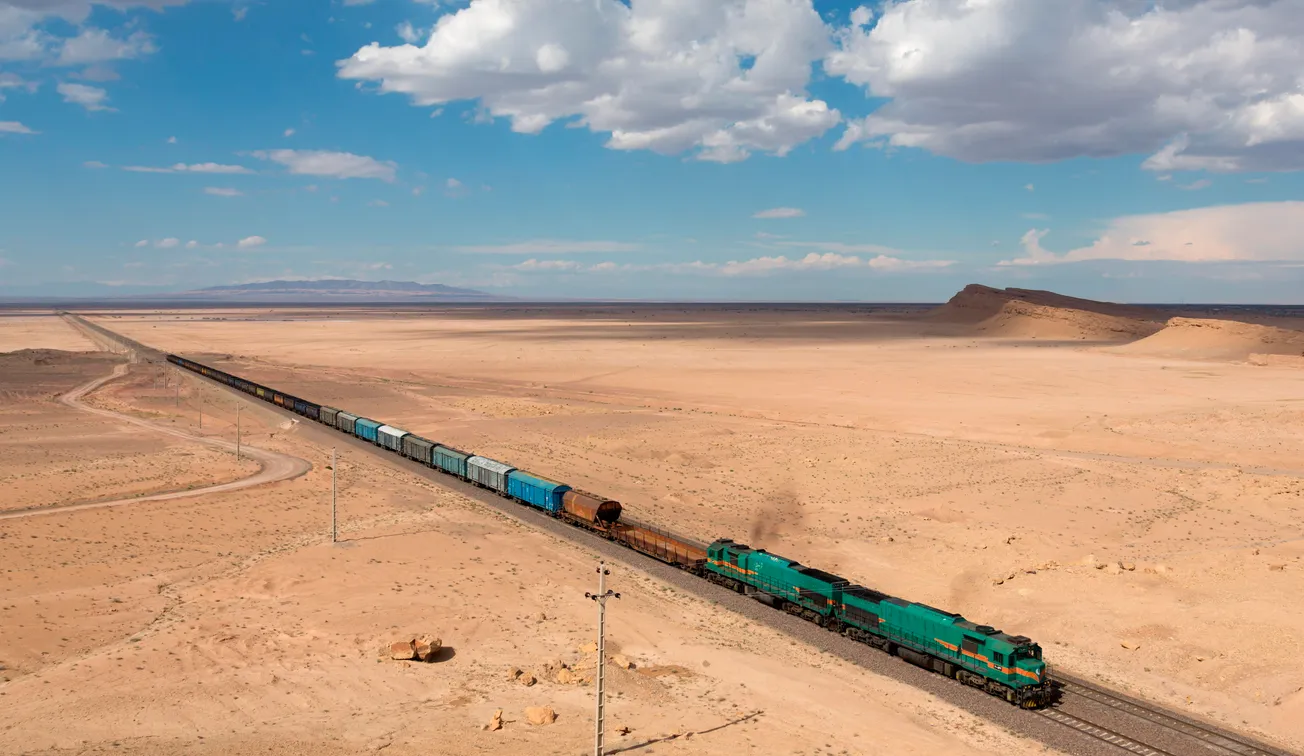An informal summit of the EU heads of state and governments will take place in Prague on Friday, Oct. 7. They will discuss capping the price of gas in Europe and reforming the European mechanism which defines the price of electricity, based on gas prices. Since 20% of electricity in Europe is produced from gas, and speculation on the gas markets— provoked first by the energy transition, and worsened later by the sanctions against Russia—has forced the European countries to look for other providers, this has led, not only to huge increases in the price of gas, but also of electricity. In France, in some areas, the prices have reached over €1000 per MWh, a huge increase, which local administrations and companies cannot afford.
During the Sept. 30 summit, EU heads of state and government had found no agreement, fearing that a cap on prices in the EU will simply lead providers to look for better prices elsewhere. However, the problem is so urgent, that EU Commission President Ursula von der Leyen announced yesterday that the Commission will support a “temporary” capping of prices, and reform the pricing of energy mechanisms.
But who are the real sharks in this business, since the Russians were driven out of the EU markets? It’s the world’s main producers of natural gas—specifically, Norway, 8th on the list, which has replaced Russia as the main exporter of natural gas in Europe; and the United States, second on the list after Russia, which doubled its exports to the continent since the beginning of the crisis, according to the GIIGNL (International Group of Liquefied Natural Gas Importers).




